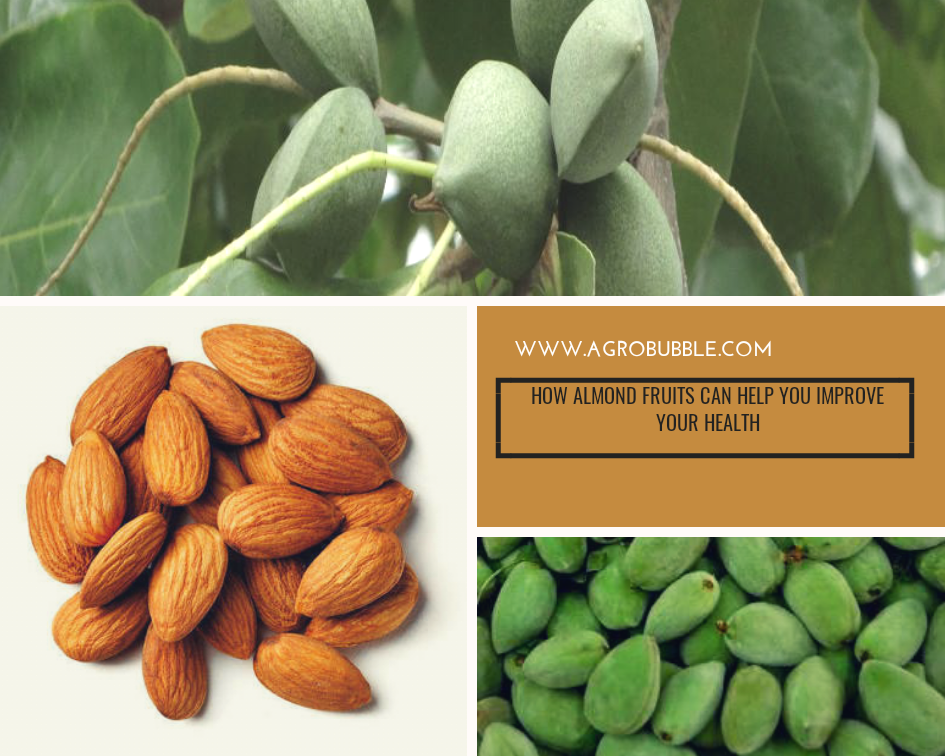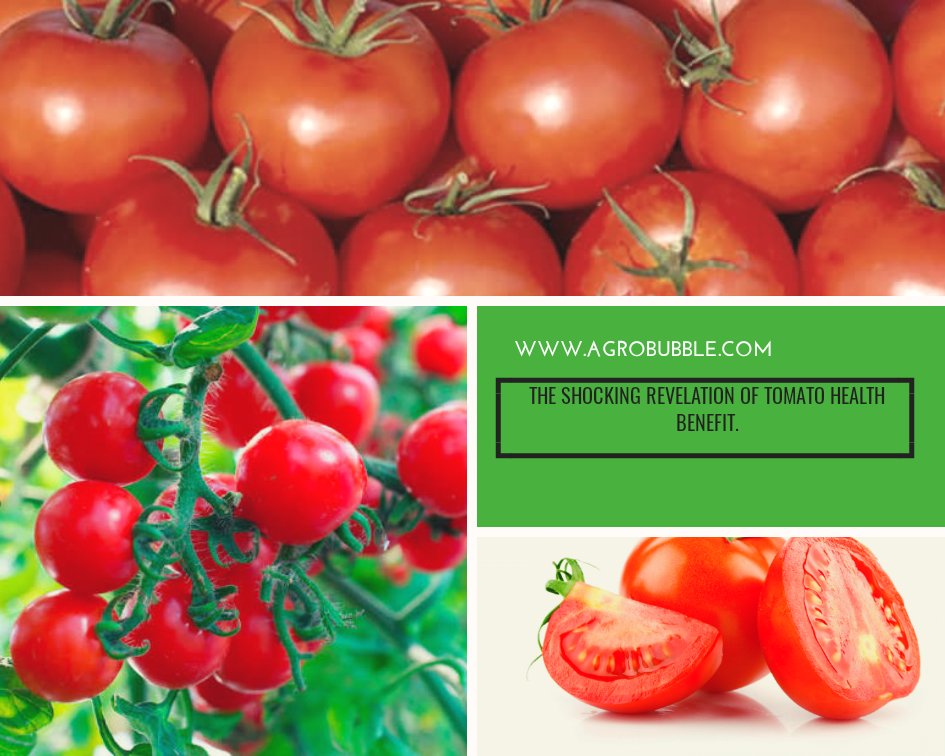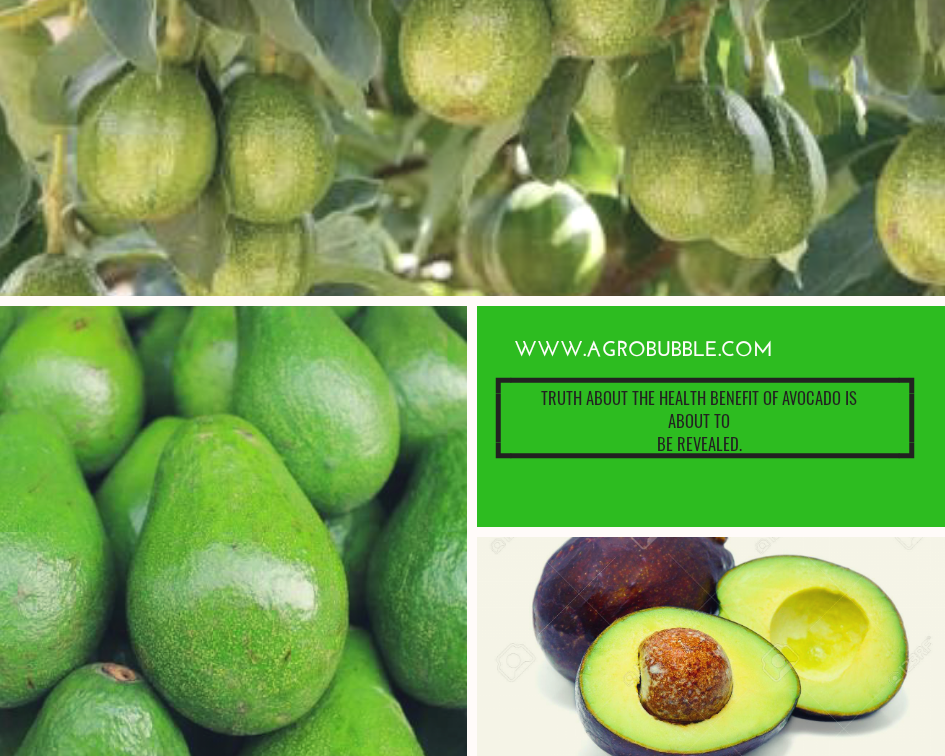Health and Wellness
How Almond Fruits Can Help You Improve Your Health
Almonds Nutrition Facts Today, I will be talking about another interesting fruit. This is one of the world’s famous fruits. It is from South western Asia, Africa and Australia. Actually, it is that type of fruit most people in some part of Africa, especially growing children, normally call “fruit”, as it’s local name. Funny isn’t […]

Almonds Nutrition Facts
Today, I will be talking about another interesting fruit. This is one of the world’s famous fruits. It is from South western Asia, Africa and Australia. Actually, it is that type of fruit most people in some part of Africa, especially growing children, normally call “fruit”, as it’s local name. Funny isn’t it?.
Almonds have a lot of fibres and hard nuts that take time to break. Although, the inside fruit when you break it open is edible.
The fruit of almond is drupe or stone fruit which consist of outer fibres and a hard shell with the seed which is not a true nut. Almonds are sold shelled or unshelled.
Shelling almonds refers to removing the shell to reveal the seed. The recommended Almonds per day to be eaten is 23 pieces.
But the question I would love to ask now is, how many of us make time to eat up to 23 pieces of Almonds every single day? Ideally it’s not possible, but very few people in the world keep to it. Let me just estimate, about 3% out of 100% of the world population.
Read Also: Sesame Production: What’s Trendy That Everyone Went Crazy Over
The tree is cultivated for its fruit, Almonds. It grows up to 35 metres tall with horizontal branches. The tree continually bears fruits. The fruits are green turning brown to purple when ripe. The botanical name is Terminalia Catappa. The tree has both male and female flowers on the same tree.
The broad leaves are dark green and glossy in appearance. The leaves contain phytosterols and flavonoids which are used to treat and prevent diarrhoea, dysentery, cancer and liver disease.
Almond plants are very close to us, yet it is amazing that most people fail to recognize and exploit them. The rich biological diversity of this plant places it as the powerhouse for generating major compounds for herbal medicines and English drugs. It will excite you that extracts from these medicinal plants contain many phytochemicals that can work alone against various ailments.
They are waistline friendly snacks known to boost heart health and have a large amount of health benefits. There are few surprising facts about almonds. They are in the peach family. The nut we know as almond is the hard shell fruit of Almond.
The root, bark, shoot, leaves, fruit and stem play a large part in tackling diseases. Also the edible fruits are nutritious, medicinal and pharmaceutically valuable to humans. The seed of Almond is a rich source of protein and Amino acids.
The photochemical component of Almond contains steroids, carbohydrates, saponins, alkaloids, flavonoids, tannins and glycosides.
Almonds can be eaten as a fresh fruit. The fruit shell can be cracked for edible seed raw. The seed can be eaten alone or used for preparing fruit salad, smoothie or for dishes garnishing. Oil can be gotten from the dried nuts which are used for cooking.
Almonds have therapeutic effects on liver disease such as Hepatitis. The plant possesses strong superoxide radical scavenger activity that heals Hepatitis.
The leaves of Almond are used in native medicine to treat skin disease such as dermatitis. Dermatitis is a medical condition which makes the skin get reddish, sore and swollen because of irritation of skin or allergic reaction.
Almond is grown for ornamental purposes and a shade due to its colourful appearance and broad leaves.
They are also used to produce Almond milk, butter, flour and oil. It boosts an impressive nutrients profile such as;
Fat 14 grams
Vitamin E 37%
Protein. 6 grams
Fiber. 3.5 grams
Magnesium 20%
Manganese. 32%
Carbohydrate 2.5 gram
Also Almond fruit contains a good amount of copper, vitamin b2(riboflavin and phosphorus). Almonds are high in physics acid, a healthy antioxidant substance that binds certain minerals and prevents them from being absorbed. Almonds are a fantastic source of antioxidants. They are loaded with antioxidants. The powerful antioxidants in almonds are seen in the brown layer of the skin.
The antioxidants protect our cells from oxidative damage, a major contribution to aging and cancer diseases.
Almond fruits are proficient in Vitamin E( a family of fat soluble antioxidants). These antioxidants tend to build up in cells in the body, protecting the cells from oxidative damage.
Almond fruits assist in blood sugar control. Nuts are low in carbohydrates but high in healthy fats, protein and fiber. This makes them the perfect choice for people with diabetes. Another boom of almonds is their remarkable high amount of magnesium.
Magnesium involved in blood sugar control. High magnesium foods such as Almonds help prevent and improve metabolic syndrome and type 2 diabetes.
Magnesium also benefits blood pressure levels. The magnesium in almonds helps to lower blood pressure levels. High blood pressure is one of the leading drivers of heart attacks, strokes and kidney failure.
A deficiency in magnesium is linked to high blood pressure regardless of whether you are overweight. Correcting a magnesium deficiency leads to drastic reduction in blood pressure. Adding Almonds to one’s diet have a large impact If one does not meet the dietary recommendation for magnesium.
Read Also: The Shocking Revelation of Tomato Health Benefit
Almonds lower cholesterol levels which are also known as lipoproteins in the blood. Bad cholesterol is a well known risk factor for heart disease. Almonds also help one to lose stomach fat.
Almonds are effective for weight loss. Almond fruit decreases weight loss by 62% compared to a diet enriched with complex carbohydrates. They also show improvement in waist circumference. Despite being high in fat, almonds are weight loss friendly food.
Eating Almonds reduces hunger and lower overall calorie intake. Almonds are low in carbohydrates and high in protein and fiber. Both protein and fiber are known to increase feelings of fullness. This can help one eat fewer calories and desire to eat less.
Finally almonds contain lots of healthy fats, fiber, protein, copper, magnesium, Manganese, vitamin E and b2. The health benefits of almonds include lower blood sugar levels, reduced blood pressure, reduced cholesterol levels, reduce hunger, promote weight loss, anti aging, anti diabetes, anti ulcer, cardiac stimulants, hepatitis, antioxidative and anti fungal. Almonds are as close to perfect as food can get.
Now you will agree with me that this is a very interesting topic you just read. So my suggestion now is for you to make It a habit to eat some amount of Almonds everyday since you are fully aware of the numerous Health benefits surrounding Almond fruit.
For suggestions and contributions, kindly use the COMMENT section below.


